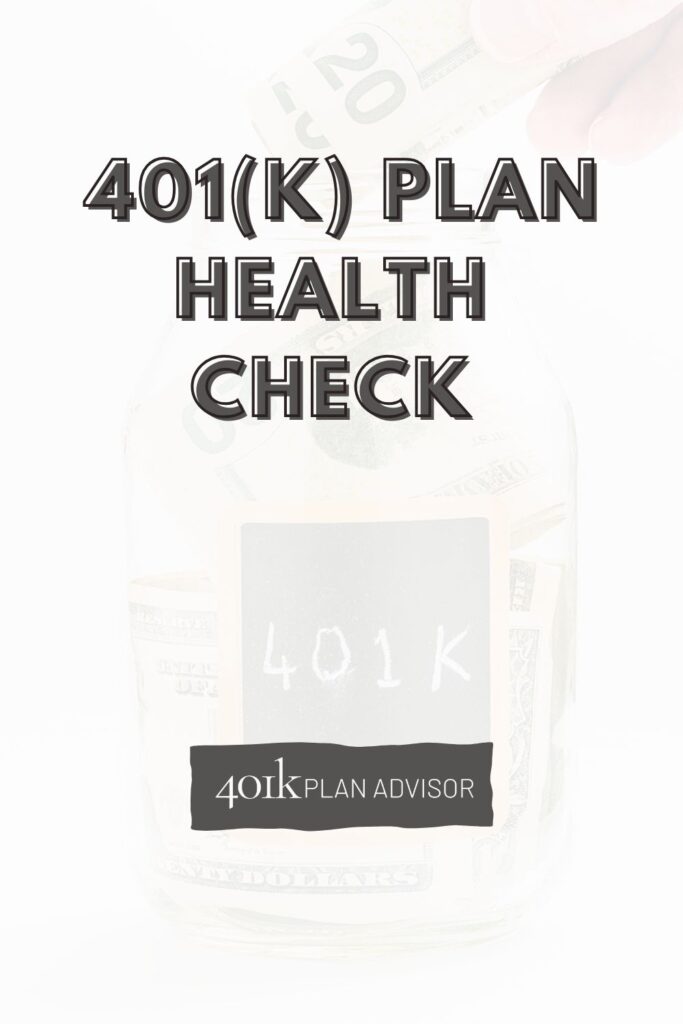What is a Recordkeeper?
What Is a 401k Recordkeeper?
Role, Fees & How They Differ from a TPA
A recordkeeper is a key service provider involved in the administration and management of retirement plans, including 401(k) and 403(b) plans.
The role of a recordkeeper is to maintain detailed records of individual participant accounts, process transactions, and provide ongoing support for both plan sponsors (employers) and plan participants.
Here’s a breakdown of what a recordkeeper does and its significance in the context of a 401k plan:
Account Maintenance
Individual Participant Accounts
The recordkeeper is responsible for keeping accurate and up-to-date records for each participant in the 401(k) plan. This includes tracking contributions, investments, withdrawals, loans, and other account activities.
Beneficiary Designations
Recordkeepers maintain information about participant beneficiary designations and ensure that this information is up-to-date.
Transaction Processing
Contributions
Recordkeepers process employer contributions, employee salary deferrals, and any other contributions to participants’ accounts.
Distributions
When participants request distributions or take loans from their accounts, the recordkeeper handles the necessary paperwork and processes these transactions.
Investment Management
Investment Options
Recordkeepers facilitate the management of the plan’s investment options. This includes maintaining a lineup of investment choices, tracking participant investment elections, and processing changes to investment allocations.
Performance Reporting
They provide periodic reports on the performance of the investment options within the 401(k) plan.
Participant Services
Online Access
Recordkeepers typically offer an online platform that allows participants to access and manage their accounts, review investment options, and make changes to their contributions.
Customer Service / Participant Call Center
Recordkeepers provide customer service support to participants, addressing inquiries, assisting with transactions, and offering guidance on the use of the online platform.
Educational Resources
Many recordkeepers offer educational materials and resources to help participants make informed decisions about their retirement savings.
Compliance and Reporting
Compliance Support
Recordkeepers assist plan sponsors in ensuring that the plan remains in compliance with regulatory requirements set by the Internal Revenue Service (IRS) and the Department of Labor (DOL).
Government Filings
They may support plan sponsors in preparing and filing necessary government forms, such as Form 5500, which provides information about the plan’s financial condition and operations.
Technology Platform
User Interface / Participant Portal
Recordkeepers offer a technology platform that provides a user-friendly interface for both plan sponsors and participants to manage and monitor the 401(k) plan.
Security Measures
Recordkeepers implement security measures to protect participant data and ensure the confidentiality of sensitive information.
Data Integration
Recordkeepers often collaborate with other service providers, such as third-party administrators (TPAs) and 401k advisors, to ensure seamless data integration and coordinated plan management.
Communication
Recordkeepers communicate regularly with plan sponsors, providing updates on plan activity, performance, and any relevant changes.
Records Retention
Recordkeepers maintain a record of plan documents, participant elections, and other important information for the required period as mandated by regulatory guidelines.
A recordkeeper is an essential component of the 401(k) plan ecosystem, handling the detailed record-keeping, transaction processing, and participant support aspects.
Their role is instrumental in ensuring the accurate and efficient management of individual participant accounts within the retirement plan.


Get your Free report
Just 15 Questions to Assess Your Plan’s Health
This quick 15-question quiz checks the health of your 401(k) plan, covering areas like fees, governance, and participant support. You’ll get a personalized report with simple, actionable tips to make your plan stronger and reduce risks.






